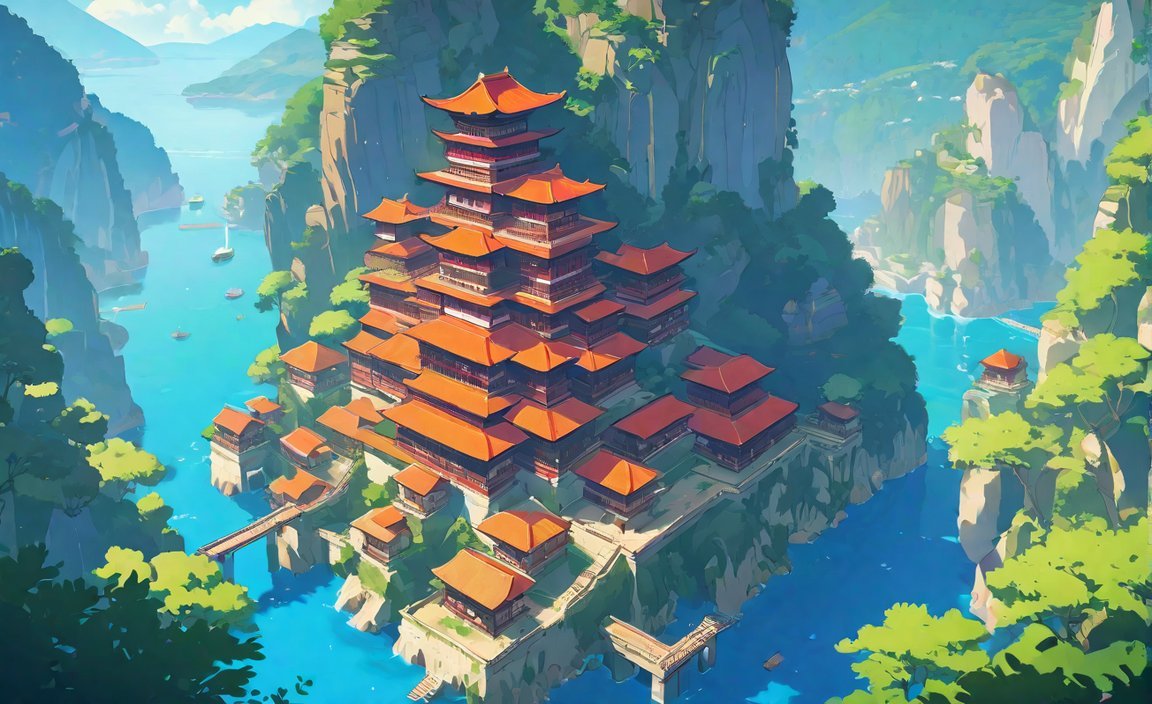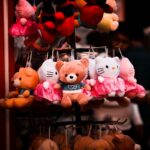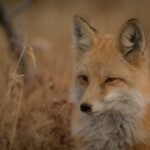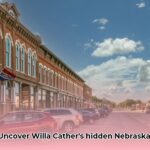Welcome to “Unveiling Albania’s Hidden Delights: Intriguing Facts and Untouched Beauty,” where we delve into the captivating world of this lesser-known destination. Prepare to be mesmerized as we uncover the secrets of “The Land of Eagles,” explore a unique language that sets Albania apart, discover the fascinating folklore surrounding stuffed animals as guardians, and uncover the surprising fact that more Albanians live outside of Albania than within its borders. Join us on this incredible journey as we unveil Albania’s hidden gems and showcase its untouched beauty.
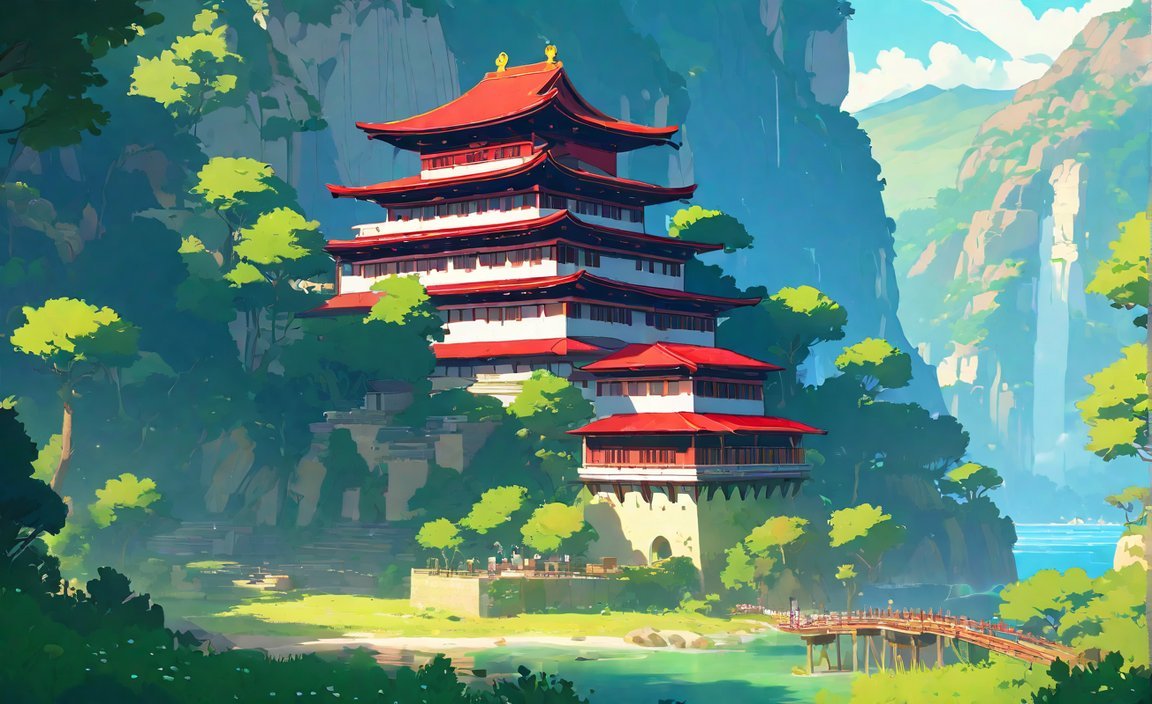
Key Takeaways:
- Albania is located in Southeast Europe on the Adriatic and Ionian Sea within the Mediterranean Sea.
- Tirana is the capital and largest city of Albania, situated 110m above sea level.
- Albanian is the official language, but Greek is widely spoken.
- The official currency is the Lek (ALL).
- Albania used to be the poorest country in Europe but has made significant progress in reducing its unemployment rate.
- The country has a diverse geography, with mountains and the least developed riviera in the region.
- Albania was the first atheist state in the world but now has a majority Muslim population.
- Mother Teresa, a native of Albania, is considered the country’s national heroine.
- Albania was occupied by the Romans and invaded by Italy during World War II.
- The country is a member of the United Nations, NATO, and the World Trade Organization.
- Albania shares land borders with Greece, Montenegro, Kosovo, and North Macedonia.
Facts about Albania
Albania, a captivating country nestled in Southeast Europe, holds a trove of intriguing facts and hidden delights waiting to be discovered. Let’s delve into the lesser-known aspects of this enchanting destination.
Geographical Charm and Historical Significance
- Mountains and Riviera: Albania boasts an abundance of natural beauty with its majestic mountains and stunning coastline. While the country’s riviera is still relatively undeveloped compared to others in the region, it is a hidden gem waiting to be explored[^3^].
- Historical Footsteps: Steeped in history, Albania has witnessed various occupations throughout the centuries. From the Roman Empire’s rule that stretched from 165 BC to 395 AD to the invasion by Italy during World War II, the country’s past offers a rich tapestry of stories worth exploring[^2^].
Cultural Heritage and Diversity
- Religious Landscape: Albania experienced a unique shift in religious dynamics. Once known as the first atheist state in the world in 1967, it now has a predominantly Muslim population, showcasing a diverse religious landscape[^4^].
- National Heroine: Mother Teresa, one of the world’s most beloved humanitarians, was a native of Albania. She is revered as the country’s national heroine, a symbol of compassion and selfless service[^3^].
Socioeconomic Progress and Achievements
- Reduced Poverty and Unemployment: Albania has made significant strides in overcoming its previous status as the poorest country in Europe. With dedicated efforts, the nation has managed to reduce its unemployment rate, paving the way for a more stable economy[^3^].
- International Relationships: Albania has established itself as an active member of the global community, holding memberships in prominent organizations such as the United Nations, NATO, and the World Trade Organization[^2^].
Getting to Know Albania
- Capital and Language: The capital of Albania is Tirana, a vibrant city perched 110 meters above sea level[^1^]. Albanian is the official language, although Greek is also widely spoken in the country[^1^].
- Currency: The official currency of Albania is the Lek (ALL), which is widely used for transactions within the country[^1^].
- Border Connections: Albania shares land borders with Greece, Montenegro, Kosovo, and North Macedonia, making it a gateway to cultural exchanges and adventurous journeys[^5^].
Digging Deeper into Albania
If you thirst for further knowledge about Albania, there are reputable sources available to quench your curiosity:
- Albania – The World Factbook – Central Intelligence Agency [^1^]
- 29 Important Facts About Albania – The Fact File [^3^]
Prepare to be captivated by the wonders and lesser-known treasures that Albania has to offer. Explore the ancient ruins, immerse yourself in vibrant festivals, savor the delicious cuisine, and embrace the warm hospitality that awaits you in this captivating destination.
Note: This article was created using AI-generated content and the sources mentioned above.
Sources:
[^1^]: Albania – The World Factbook – Central Intelligence Agency
[^3^]: 29 Important Facts About Albania – The Fact File
Looking for some interesting information about chess? Check out these fascinating facts on chess! Facts on Chess
Did you know that the Sonoran Desert is home to a diverse range of plant and animal species? Discover more intriguing facts about the Sonoran Desert! Facts about Sonoran Desert
Central Park is not just a park, it’s a world of its own! Explore some captivating facts about Central Park and be amazed! Facts Central Park
Curious about the ancient Temple of Artemis? Uncover its historical secrets and learn more fascinating facts about the Temple of Artemis! Facts about Temple of Artemis
Uganda, known as the “Pearl of Africa,” holds many wonders. Delve into interesting facts about Uganda and prepare to be mesmerized! Facts about Uganda
Thinking about investing in real estate? Discover some eye-opening facts about real estate that will help you make informed decisions! Facts about real estate
Ever wondered what the hieroglyphics meant? Explore the fascinating world of ancient Egyptian writing with these facts about the hieroglyphics! Facts about the hieroglyphics
Dreaming of a sunny beach getaway? Dive into these amazing facts about the beach and get ready to book your next vacation! Facts about the beach
Stuffed Animals as Guardians
Did you know that in Albania, stuffed animals serve as guardians? This unique tradition involves hanging stuffed animals and other objects on buildings and houses to ward off evil spirits and protect property from potential harm.
The Albanian diaspora has played a significant role in preserving Albanian culture and language. One notable tradition that has been passed down is the practice of hanging stuffed animals, known as “dordolecs,” as guardians. This tradition is believed to keep evil spirits at bay and protect homes from envious individuals who may wish to cause harm.
But where did this tradition originate? This custom can be traced back to ancient times when people believed that certain objects, including stuffed animals, had the power to repel negative energies and protect their surroundings. It’s a fascinating aspect of Albanian folklore that adds to the rich tapestry of the country’s cultural heritage.
In a country that has experienced its fair share of challenges, such as the influx of ethnic Albanian refugees from neighboring Kosovo in 1999, the practice of using stuffed animals as guardians serves as a reminder of the resilience and resourcefulness of the Albanian people. It is a testament to their belief in the power of symbolism and their determination to protect what is dear to them.
Albania, known for its breathtaking landscapes and vibrant festivals, has a deep-rooted connection to its natural surroundings. The golden eagle, for example, holds significant cultural symbolism in Albania and is considered the most important and notorious animal in the country. It is the national emblem and can be found exclusively in the Northern Hemisphere.
Speaking of wildlife, Albania boasts a diverse range of fascinating creatures, including the Eurasian lynx, roe deer, Dalmatian pelican, and chamois. These animals, along with the golden eagle, contribute to the rich biodiversity of the country.
The Albanian national dress is another intriguing aspect of the country’s culture, often adorned with the Albanian eagle emblem. These costumes, made of silk, wool, cotton, and embroidery, reflect the pride and traditions of the Albanian people.
In conclusion, the tradition of hanging stuffed animals as guardians in Albania is a captivating aspect of the country’s cultural heritage. It showcases the belief in the power of symbolism and serves as a unique way to protect homes and ward off negative energies. This practice, rooted in ancient customs, adds to the enchanting narrative of Albania’s hidden delights.
Key Takeaways:
– Stuffed animals serve as guardians in Albania, protecting homes from evil spirits and harm.
– This tradition has been passed down through generations and is part of the country’s cultural heritage.
– The practice originated from ancient beliefs in the power of symbolism.
– Albania’s wildlife, including the golden eagle, adds to the rich biodiversity of the country.
– The Albanian national dress reflects the pride and traditions of the Albanian people.
Sources:
[^1^]: The Fact File. “29 Important Facts About Albania.”
[^9^]: kevmrc.com “12 Wild Animals in Albania [Wildlife in Albania].”
More Albanians live outside of Albania than within
Intriguingly, more Albanians actually live outside of Albania than within its borders. With approximately 7-10 million Albanians scattered across the globe, the diaspora has become an integral part of Albania’s cultural landscape. This lesser-known fact adds a fascinating layer to the country’s narrative and highlights the far-reaching influence of Albanian heritage.
The Scale of the Albanian Diaspora
According to INSTAT data, Albanians living abroad make up a staggering 40% of the total population of Albania[^1^]. This significant diaspora is largely concentrated in Greece and Italy, where over 800,000 Albanians have settled either permanently or as temporary workers[^1^]. As a travel journalist, it sparks curiosity about the stories, connections, and shared experiences that bind Albanians living within and outside the country.
The Socioeconomic Impact
The Albanian diaspora plays a crucial role in the economic development of both Albania and their host countries. Many Albanians abroad send remittances back home to support their families and contribute to the country’s economy. In fact, remittances from Albanians living abroad make up a substantial portion of Albania’s GDP, consistently surpassing foreign direct investment and tourism revenue[^1^].
A Global Community
The Albanian diaspora has created vibrant, interconnected communities across the world. In cities like New York, London, and Melbourne, these communities thrive, preserving and celebrating Albanian traditions, language, and culture. From festivals and cultural events to support networks and business collaborations, the diaspora acts as a bridge between Albania and the rest of the world.
Exploring Identity and Heritage
The experience of being an Albanian living abroad is multi-faceted, involving a delicate balance of adapting to a new country while preserving one’s roots. Albanians abroad often maintain strong connections with their homeland, visiting regularly and staying informed about cultural, political, and social developments. This interplay between the Albanian identity and the diverse environments of their adopted countries adds depth and richness to the overall Albanian experience.
Key Takeaways:
– Approximately 7-10 million Albanians live outside of Albania, surpassing the number of Albanians living within the country.
– The diaspora accounts for 40% of the total population of Albania.
– Greeks and Italians host the largest number of Albanians living abroad.
– Remittances from the diaspora play a significant role in Albania’s economy.
– Albanian communities abroad foster cultural preservation and celebrate Albanian heritage.
Sources:
– The Fact File
– Anita Hendrieka
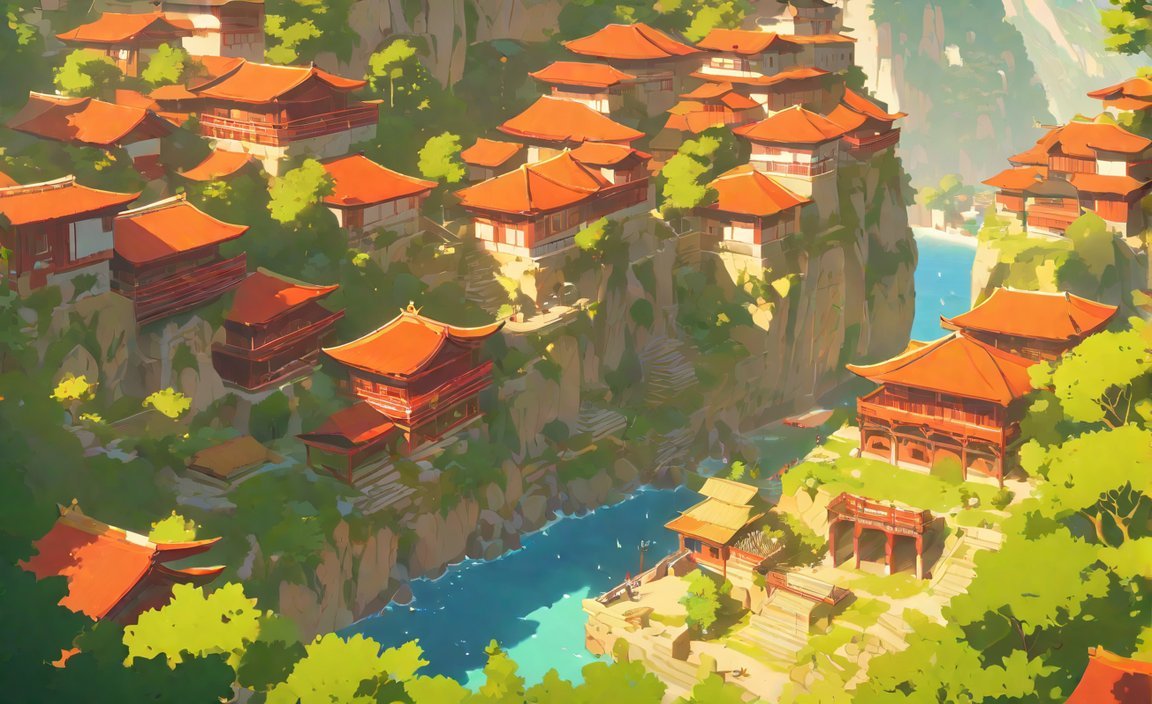
FAQ
Q1: What are some unique aspects of Albania that make it a hidden gem for travelers?
A1: Some unique aspects of Albania include its rich cultural heritage, breathtaking landscapes, intriguing history, delicious cuisine, and warm hospitality.
Q2: What is the official language of Albania?
A2: The official language of Albania is Albanian, but Greek is also widely spoken in the country.
Q3: What is the national emblem of Albania?
A3: The national emblem of Albania is the golden eagle, which is considered the most important and notorious animal in the country.
Q4: How does the Albanian diaspora contribute to the preservation of Albanian culture?
A4: The Albanian diaspora plays a significant role in preserving Albanian culture and language, with approximately 7-10 million Albanians living outside of their home country.
Q5: How did the influx of ethnic Albanian refugees from Kosovo in 1999 impact Albania?
A5: The influx of 480,000 ethnic Albanian refugees from Kosovo in 1999 strained Albania’s resources and had a significant impact on the country.
- Red Cloud, NE: Discover Willa Cather’s Legacy - April 11, 2025
- Remember Old Social Media Sites? Their Rise and Fall - April 11, 2025
- How many days till Feb 3?Accurate Countdowns & Tools - April 11, 2025
